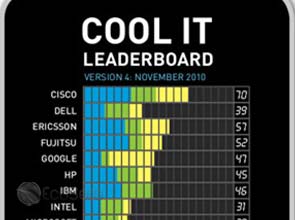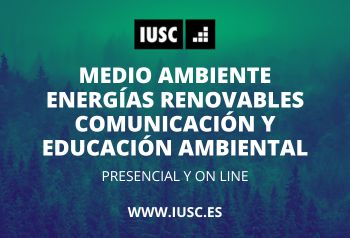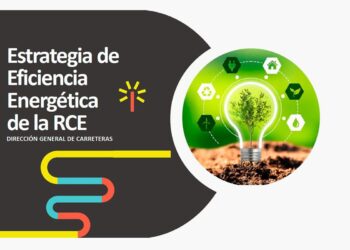The environmental group observed that the gap between leaders and laggards has widened in its latest Cool I.T. report, with many companies still failing to adopt sustainability in their operations, products and services or into their lobbying efforts.
Cisco holds on to the top position for the second time, ranking first in the group’s previous list in April. The California-based company received 70 out of 100 possible points, while Ericsson received 57 points and Fujitsu 52 points.
Aside from plans to reduce 25 percent of its emissions by 2012 based on a 2007 baseline and having sourced 37 percent of its electricity from renewable energy, Greenpeace praised Cisco for offering services such as remote collaboration, telecommuting and connected workplaces and buildings.
The services can help drive emissions down by allowing people to work part- or full-time from home offices or make meetings through the internet possible, saving gasoline used in transportation in the process. Around 1.35 billion gallons of gasoline could be conserved annually if every worker in the United States worked from home 1.6 days per week, a report from the American Electronics Association in 2008 said.
Meanwhile, Fujitsu’s ranking showed considerable growth, up 16 points from the previous poll, partially driven by strong political advocacy in Japan. It was particularly praised for 12 recommendations directed at the Japanese government, which include incentives for solutions, research and development and carbon mitigation.
Greenpeace said the company showed strong leadership in its proposal while the rest of the Japanese I.T. companies remained silent.
Google, which ranked fourth with 47 points, earned the highest rating when it came to environmental advocacy. It was praised for publicly opposing Proposition 23, a proposition to suspend a law that mandates emissions reductions in the state of California, and signing a letter of support for the European Union to adopt a greenhouse gas reduction target of 30 percent by 2020, along with Sony Europe.
However, despite the company’s recent purchase of wind power from an Iowa-based clean energy company and investment in offshore wind, Google was outranked by every other company except Oracle since it still does not disclose the size of its carbon footprint or have given a timed plan for reducing its own emissions.
I.B.M., with 46 points, has fallen slightly behind the leaders which are able to more strongly demonstrate and quantify savings and other benefits from their reports to the group and was more active in lobbying for climate change issues. I.B.M. with Intel, which scored 31 points, and Microsoft (29 points) were given point deductions because they were against the European Union’s plan.
The worst-ranked companies included SAP and Panasonic, each with 21 points. Oracle and Wipro made their debut on the list in last place with 12 points and eighth place with 38 points, respectively.
The electricity consumption of the information technology industry is expected to triple by 2020. In a separate report, Greenpeace said at current growth rates, data centers and telecommunication networks will consume an estimated 1,963 billion kilowatt-hours of electricity in 2020.













